The Heritage and Authenticity of Telugu Foods
Founded in 1979, Telugu Foods has established itself as a revered brand within the South Indian culinary landscape. With a vision to maintain the rich traditions of Telugu cuisine, the company has dedicated itself to crafting a diverse range of products, including pickles, snacks, masalas, and spice powders. Each of these offerings is meticulously prepared to ensure an authentic taste that resonates with the essence of South Indian flavors.
From its inception, Telugu Foods has focused on authenticity and quality, drawing upon traditional recipes that have been passed down through generations. This commitment is not just reflected in the taste of their products but also in the sourcing methods they employ. The brand prioritizes the use of high-quality ingredients, ensuring that the spices and herbs used in their formulas are fresh and sourced locally whenever possible, which enhances both the flavor and nutritional value of their offerings.
Telugu Foods places a strong emphasis on the cultural significance of their recipes. The culinary art behind their products is deeply rooted in the rich heritage of South Indian cuisine, which is characterized by its diverse use of local ingredients and unique flavor combinations. By preserving these traditional recipes, Telugu Foods serves as a bridge connecting consumers to the culinary heritage of South India, allowing them to experience the nostalgia of home-cooked meals.
Moreover, the dedication to quality is evident in the meticulous production processes. Each item is crafted with care, ensuring that the integrity and authenticity of the original recipes are upheld. This level of attention to detail has allowed Telugu Foods to become a beloved choice among consumers, who seek genuine South Indian tastes in every bite. In choosing Telugu Foods, customers can be assured that they are indulging in products that honor the legacy and vibrant flavors of Telugu cuisine.
Masoor Dal: A Nutritional Powerhouse in South Indian Cuisine
Masoor Dal, also known as red lentils, is a staple ingredient in South Indian cuisine and holds a prominent place in Telugu foods. Renowned for its impressive nutritional profile, masoor dal is an excellent source of protein, dietary fiber, and essential vitamins and minerals. This lentil not only supports a healthy diet but is also incredibly versatile, lending itself to a variety of traditional and modern recipes.
The preparation of masoor dal can be both straightforward and sophisticated. In traditional South Indian cooking, masoor dal is often used to create comforting dishes such as ‘pappu’ (lentil stew). Cooked with an array of spices including turmeric, mustard seeds, and curry leaves, this dish highlights the lentil’s earthy flavor and creamy texture. For those seeking a contemporary twist, masoor dal can be incorporated into salads, blended into soups, or used as a protein-rich filling for various wraps, showcasing its adaptability in different culinary contexts.
Health benefits of masoor dal extend beyond its protein content; it is rich in iron, magnesium, and folate, making it a smart choice for those aiming to improve their nutrient intake. The high fiber content helps to maintain digestive health and promotes satiety, making it a valuable addition for anyone mindful of their weight. Furthermore, consuming masoor dal regularly may assist in maintaining steady blood sugar levels, making it beneficial for individuals with diabetes.
When selecting masoor dal, it is advisable to look for lentils that are evenly colored and free from impurities. Cooking masoor dal is typically quick and easy; soaking it in water for a short period before cooking can enhance its texture and reduce cooking time. There are endless possibilities with this nutrient-dense ingredient, encouraging home cooks to embrace masoor dal as a regular addition to their meals. Incorporating masoor dal into your diet not only enriches your culinary experience but also promotes overall health and well-being.

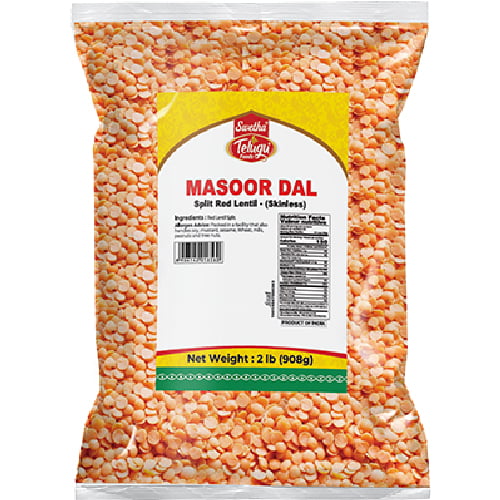
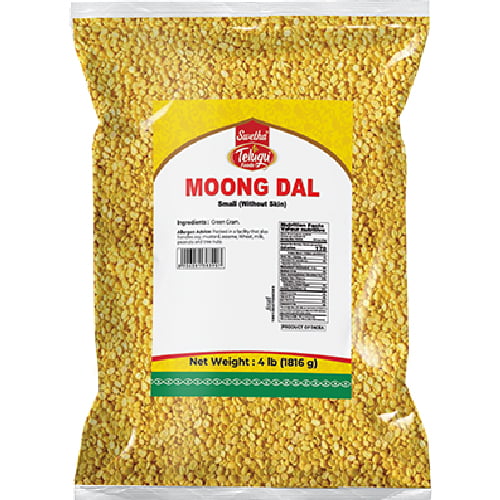
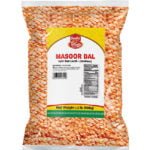
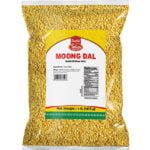
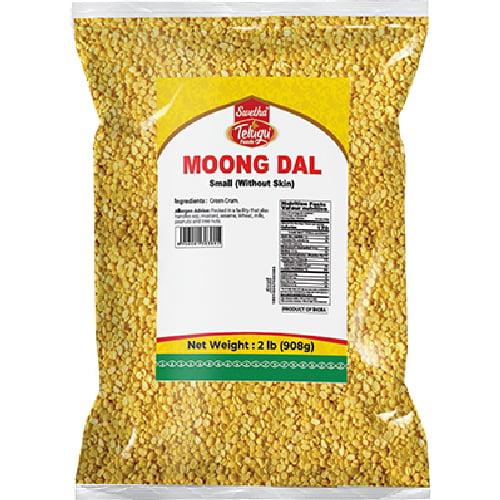
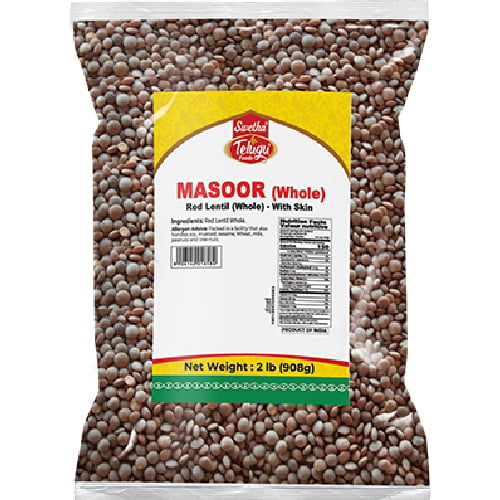

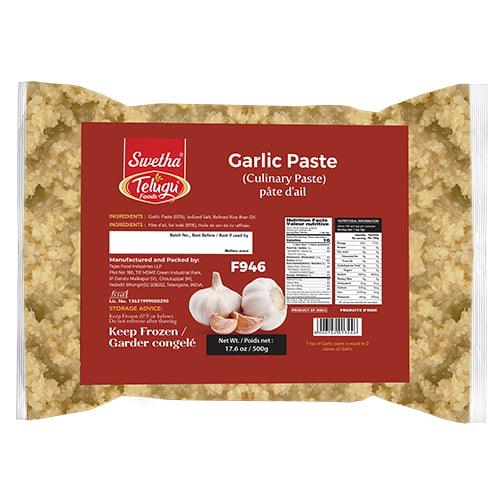
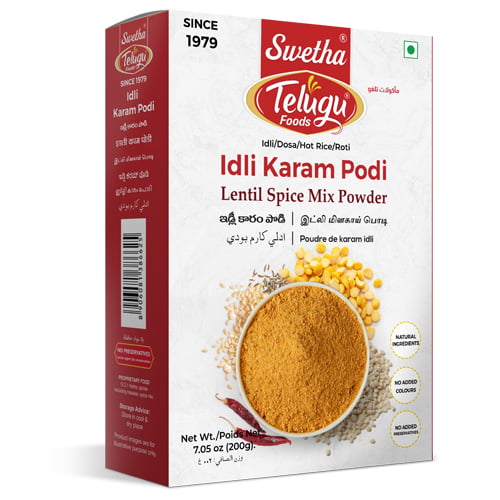
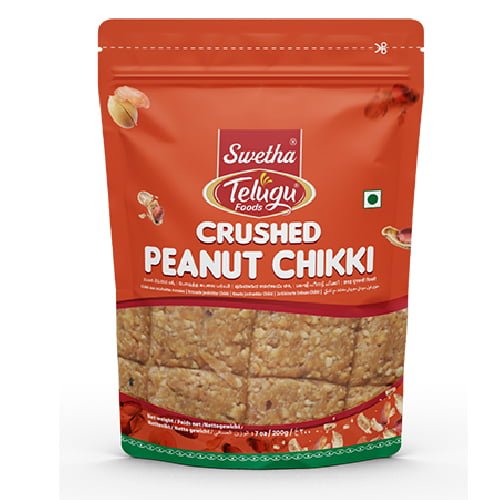

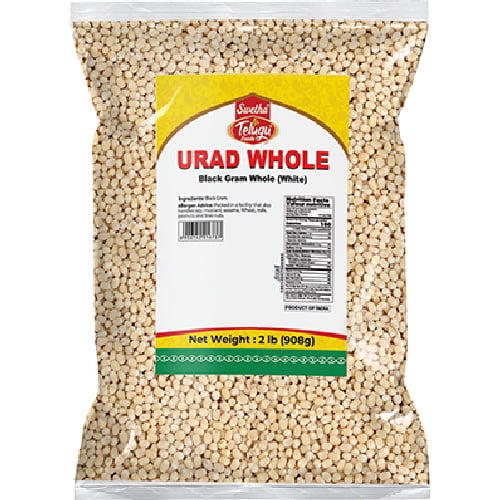
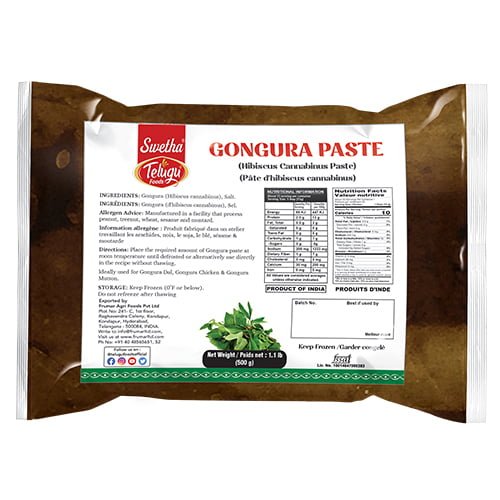
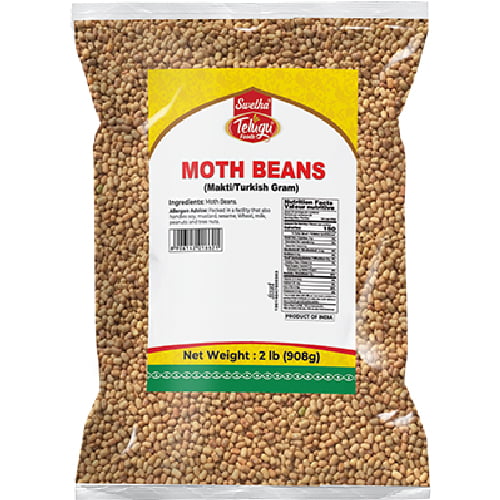
Reviews
Clear filtersThere are no reviews yet.